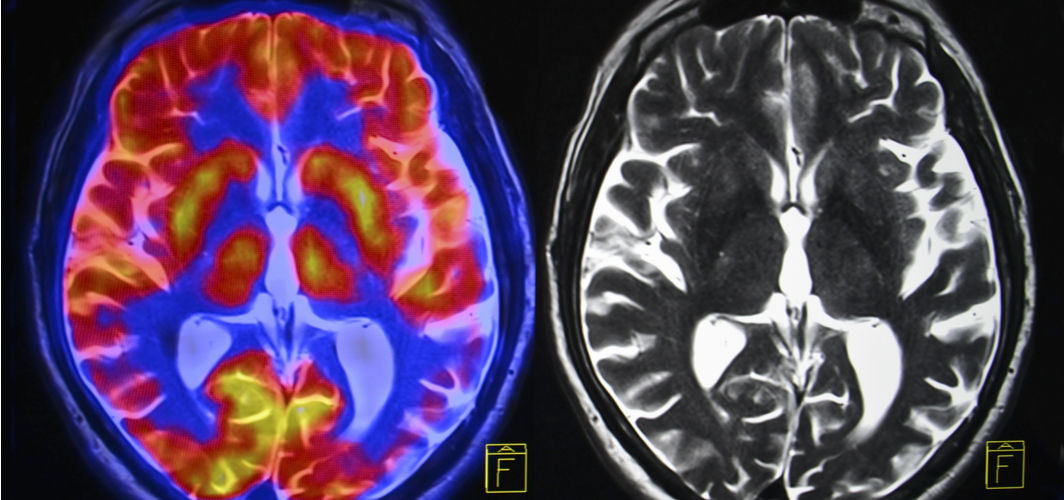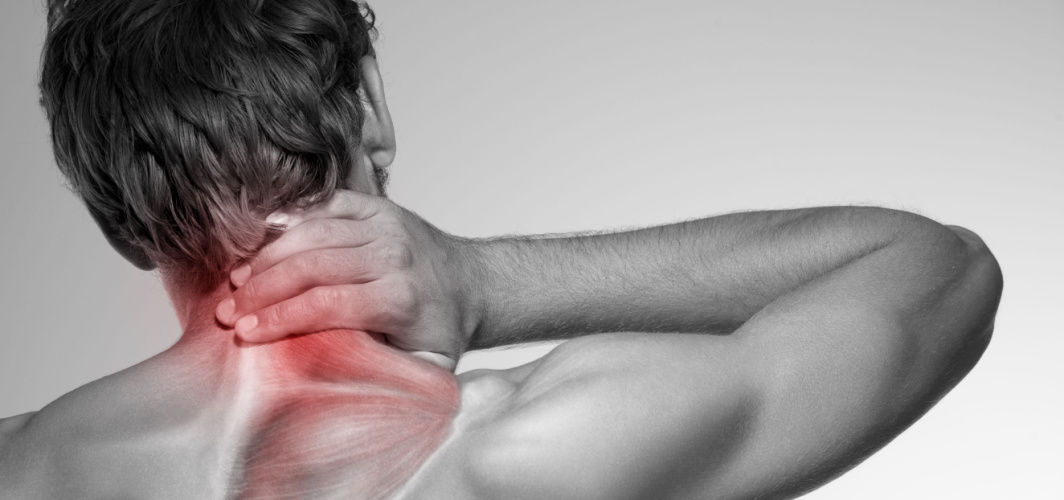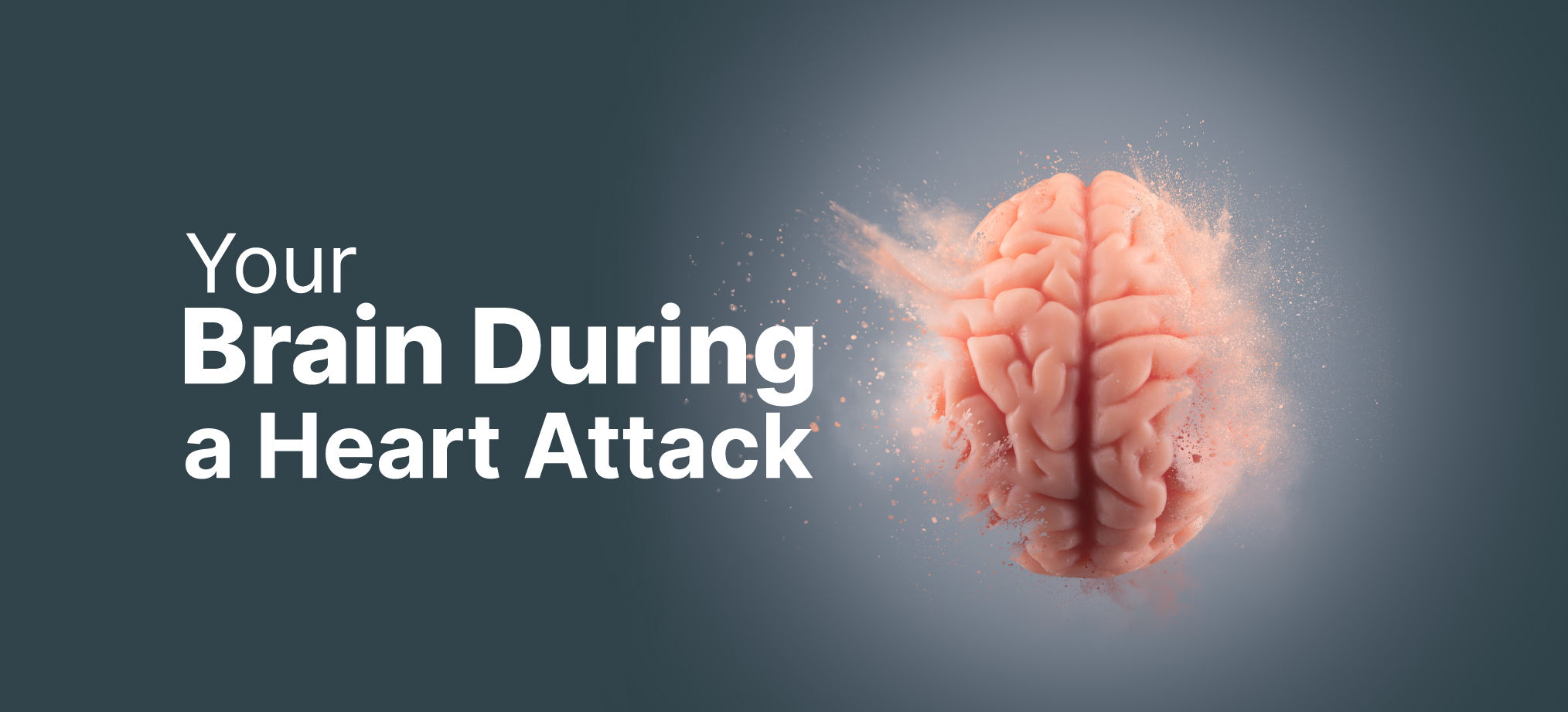Neurology
10 Surprising Facts About Brain Stroke That You Didn't Know
3 min read
By Apollo 24|7, Published on - 31 October 2022, Updated on - 24 November 2023
Share this article
0
8 likes

Did you know that brain stroke is India's second most common cause of death? While it is more likely to occur in older adults, people of all ages are susceptible to it.
Transient ischemic attack or cerebrovascular accident, commonly called stroke, occurs when the blood flow to the brain is blocked. This prevents the brain from getting an adequate supply of oxygen and nutrients from blood, increasing the risk of brain cell death within minutes.
A stroke is a medical emergency and can lead to long-term brain damage, disability, or even death. A few common signs of stroke include mild weakness, paralysis, numbness on one side of the body or face, sudden or severe headache, sudden weakness, sudden difficulty in seeing, and trouble speaking.
Understanding more about brain stroke can be life-saving. So, we've got you ten facts about brain strokes and how they are treated!
10 Surprising Facts About Brain Stroke
Here are 10 facts about brain strokes that are important to know and may help save a life!
- Anyone can have a stroke. 1.5 million Indians suffer from strokes yearly, with 3000 to 4000 strokes occurring daily. Nearly 1 lakh people die, and around 85,000 are left with some form of disability following a stroke. These statistics show how common strokes are. It is, therefore, important to spot the signs and symptoms of the condition early and seek prompt medical care.
- Strokes are of different types– ischemic, haemorrhagic, and transient ischaemic attack (TIA). Ischaemic strokes occur when a clot blocks an artery in the brain. Haemorrhagic stroke occurs when an artery ruptures in the brain. And TIA occurs due to a temporary blockage. About 87% of all strokes are the ischaemic type.
- Though strokes can occur at any age, their risk generally increases with age.
- When an individual has a stroke, around 120 million brain cells die every hour. Compared to the regular rate of cell loss, the brain ages 3.6 years in that one hour without prompt treatment. So, the sooner the individual gets medical care, the better the chances of recovery.
- Around 66% of the time, it is the patient's family member, friend, or the person around them during a stroke who recognizes the warning signs of a stroke and decides to seek immediate medical care.
- In patients with ischaemic stroke, the treatment window for the mechanical removal of the clot is between six to 24 hours.
- Poor lifestyle and deranged health parameters like high blood pressure, high cholesterol levels, obesity, and diabetes are some leading causes of stroke.
- Having a stroke increases the risk of getting a second one. One in four survivors experiences a second one after their first episode. So, effective preventive measures are critical for patients who have had one stroke in the past.
- Men and women show different stroke symptoms. Research states that 33% of women do not report typical or expected stroke symptoms like jaw or arm pain or drooping of the face. For this reason, stroke is more fatal in women. Women report less apparent symptoms like headaches that may not warrant emergency treatment.
- One can have multiple, less severe, or minor strokes that may cause no vague signs or symptoms. Some people may have dozens before they are diagnosed with a stroke. Though these strokes may seem insignificant, each can cause brain damage leading to memory loss, slurred speech occasionally, or difficulty thinking.
Key Takeaway
Strokes are preventable through a healthy lifestyle and diet and regular exercise. Consult your physician about your risk of developing a stroke and the best way to prevent it. Knowing the signs and symptoms of a stroke can also help you save another individual's life.
For expert advice,
Medically reviewed by Dr Sonia Bhatt.
Neurology
Leave Comment
Recommended for you

Neurology
Cervical Radiculopathy (Pinched Nerve): Symptoms, Causes, And Treatments
Cervical radiculopathy, also known as a pinched nerve, occurs when the nerve roots in the cervical spine (neck region) become compressed or irritated. In India, cervical radiculopathy has a prevalence rate of approximately 85 cases per 100,000 people. It is more commonly seen in individuals between the ages of 30 and 50 years, but it can affect people of all age groups. Understanding the symptoms, causes, and treatments of cervical radiculopathy is crucial for effectively managing this condition. Let us learn more in-depth information on each aspect of this condition.

Neurology
From Stress To Weather Changes, Here Are 6 Things That Can Trigger Migraine
Migraine is a common type of headache disorder characterised by recurrent and sometimes debilitating attacks of pain that can last for hours or even days. Treatment of migraine depends on the type and severity of the symptoms.

Neurology
What Happens To The Brain During a Heart Attack?
A heart attack happens when the flow of blood is severely reduced or blocked. Similarly, there is also a deficit of oxygen and blood in the brain during a heart attack.
Subscribe
Sign up for our free Health Library Daily Newsletter
Get doctor-approved health tips, news, and more.
Recommended for you

Neurology
Cervical Radiculopathy (Pinched Nerve): Symptoms, Causes, And Treatments
Cervical radiculopathy, also known as a pinched nerve, occurs when the nerve roots in the cervical spine (neck region) become compressed or irritated. In India, cervical radiculopathy has a prevalence rate of approximately 85 cases per 100,000 people. It is more commonly seen in individuals between the ages of 30 and 50 years, but it can affect people of all age groups. Understanding the symptoms, causes, and treatments of cervical radiculopathy is crucial for effectively managing this condition. Let us learn more in-depth information on each aspect of this condition.

Neurology
From Stress To Weather Changes, Here Are 6 Things That Can Trigger Migraine
Migraine is a common type of headache disorder characterised by recurrent and sometimes debilitating attacks of pain that can last for hours or even days. Treatment of migraine depends on the type and severity of the symptoms.

Neurology
What Happens To The Brain During a Heart Attack?
A heart attack happens when the flow of blood is severely reduced or blocked. Similarly, there is also a deficit of oxygen and blood in the brain during a heart attack.